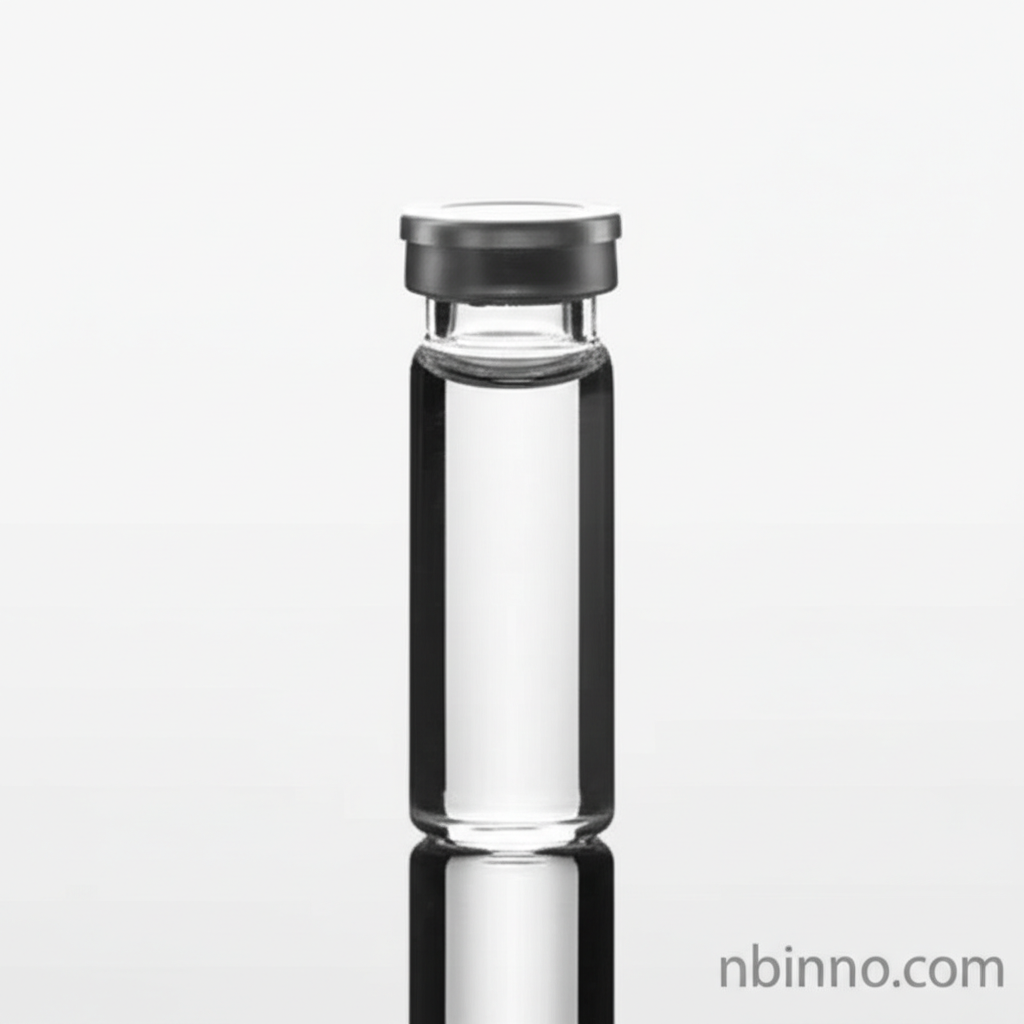Acryloyl Chloride: A Key Intermediate for Ibrutinib Synthesis and Its Applications
Explore the critical role of acryloyl chloride in modern pharmaceutical manufacturing, particularly in the synthesis of Ibrutinib, and understand its versatile chemical properties and industrial applications.
Get a Quote & SampleProduct Core Value

Acryloyl chloride
Acryloyl chloride, with CAS number 814-68-6, is a vital organic liquid that serves as a critical intermediate in the synthesis of high-value pharmaceuticals and advanced materials. Its primary utility lies in its role as a key building block for introducing acrylic groups into organic molecules, making it indispensable for complex chemical processes. As a reliable supplier in China, we offer high-purity acryloyl chloride, ensuring efficiency and quality in your manufacturing operations.
- The synthesis of Ibrutinib, an important anti-cancer drug, heavily relies on acryloyl chloride as a key intermediate, highlighting its significance in the pharmaceutical sector.
- Understanding acryloyl chloride's chemical properties, such as its reactivity and functional groups, is crucial for optimizing organic synthesis pathways.
- This chemical is manufactured through the chlorination of acrylic acid, a process that yields a product with a CAS number of 814-68-6 and the molecular formula C3H3ClO.
- The diverse applications of acryloyl chloride extend to polymer synthesis, where it acts as a monomer or building block for creating specialized materials with unique properties.
Advantages Offered by Acryloyl Chloride
Enhanced Reactivity for Synthesis
Acryloyl chloride's high reactivity makes it an efficient reagent for acylation reactions, significantly accelerating the synthesis of complex molecules like Ibrutinib.
Versatile Pharmaceutical Intermediate
As a crucial component in the acryloyl chloride synthesis of Ibrutinib, this chemical intermediate plays a pivotal role in the development of life-saving medications.
Broad Industrial Applicability
Beyond pharmaceuticals, acryloyl chloride is valuable in creating polymers and other organic compounds, demonstrating its versatility in the chemical industry.
Key Applications
API Synthesis
Acryloyl chloride is essential for synthesizing Active Pharmaceutical Ingredients (APIs), notably serving as a key intermediate in the production of Ibrutinib.
Polymer Production
It is used as a monomer or building block in the synthesis of various acrylic polymers, contributing to materials with diverse industrial uses.
Organic Synthesis
As a potent acylating agent, acryloyl chloride is fundamental in numerous organic synthesis reactions for introducing the acrylic moiety.
Intermediate for Specialty Chemicals
Its reactive nature makes it a valuable intermediate for creating a range of other specialty chemicals and fine chemical intermediates.
